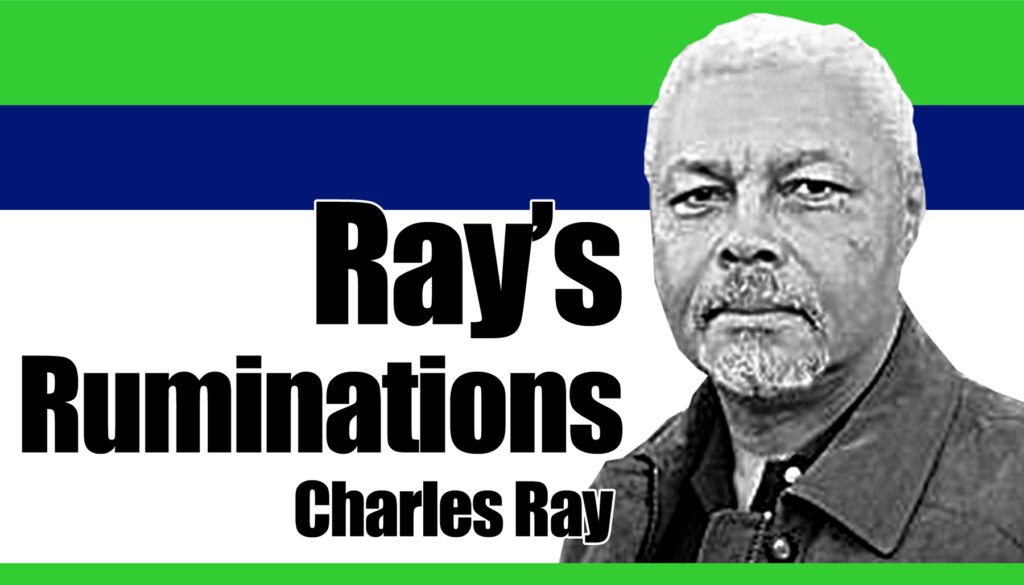
The devolution of social media platforms has been a cause of worry since their inception. Originally promoted as tools to bring people together, enabling friendships to flourish across cultures and distances, they very quickly showed a darker side.
It was noted that these platforms often inhibited direct, face-to-face interaction, creating a paradoxical sense of isolation that undercut their promise of connection. People were soon glued to their computer (or later smartphone) screens, trading meaningful in-person relationships for fleeting virtual exchanges.
This subtle shift soon spiraled into something even more troubling. As algorithms became more sophisticated, social media platforms began catering to our human preferences with surgical precision. The result? Echo chambers; online spaces where we are exposed primarily to the ideas and opinions that align with our own.
While they might initially feel validating, they are, unfortunately, fertile ground for tribalism, sowing division and reinforcing a sense of otherness. The diversity of perspectives that once made social media discourse enriching has been replaced by walls of uniformity, where dissent is not debated but dismissed outright.
The performative nature of social media further exacerbates this polarization. Platforms encourage users to react swiftly, often emotionally, rewarding outrage and sensationalism with likes, shares, and comments. The louder and more inflammatory your post, the more visibility it gets.
Consequently, civility and nuanced discussions have become casualties in the pursuit of engagement metrics. What we’re left with is an atmosphere thick with vitriol—an arena where trolling, harassment, and cyberbullying are not anomalous, but almost expected.
In addition, the anonymity and distance offered by social media further embolden people to act in ways that they might not in person. Shielded by avatars and pseudonyms, users can hurl insults, spread misinformation, and even coordinate harmful activity with little fear of accountability.
This transforms platforms into battlefields, rather than bridges, where compassion and understanding are overpowered by hostility and judgment. The psychological toll of this kind of environment cannot be overstated. Studies have shown that extended exposure to online negativity can lead to increased stress, anxiety, and depression.
For many people, social media has changed from a place of connection into one of emotional strain, a place where scrolling through a feed feels more like bracing for a storm than savoring a shared experience.
The irony of this is glaring. The very platforms that were designed to create a global community have turned into arenas of isolation and hostility. While technological innovations often come with unintended consequences, the trajectory that social media is taking feels especially tragic.
By becoming anti-social and anti-diverse, they have failed in their original promise to unite people, leaving us to grapple with the question: can we reclaim the humanity of this digital space?
The future of social media is uncertain. Its journey thus far, though, serves as a cautionary tale. Perhaps the real challenge lies not in the technology itself but in our approach to using it—a call to redefine the spaces we occupy online and rekindle the spirit of connection that first drew us to them. | NWI




